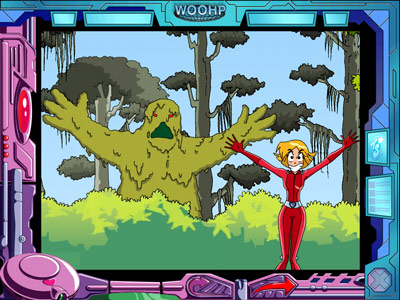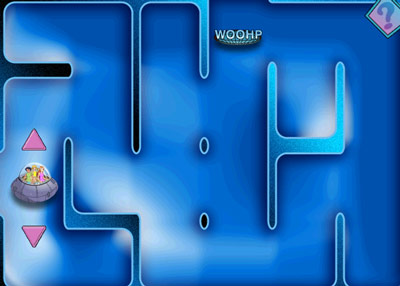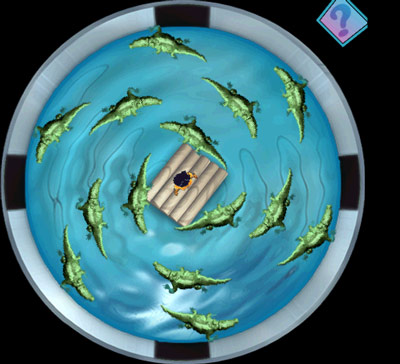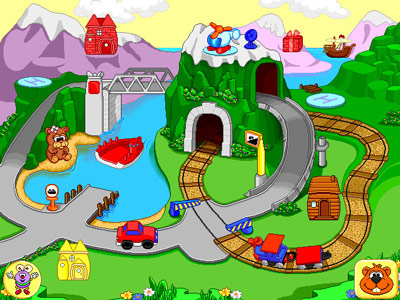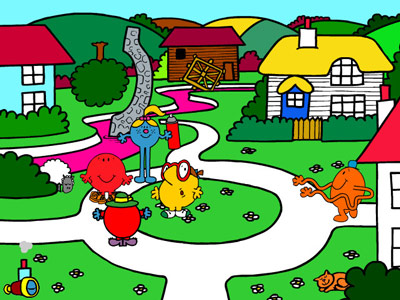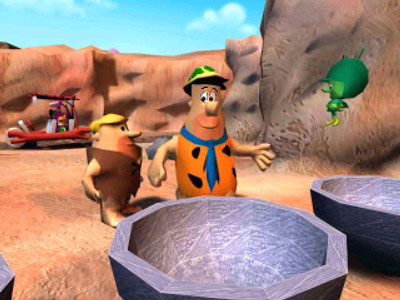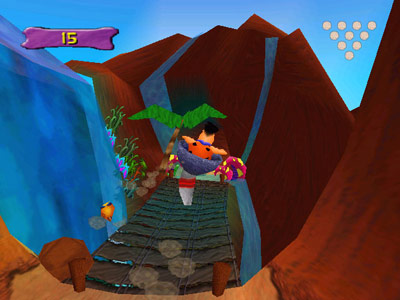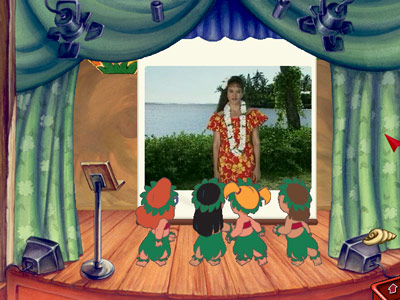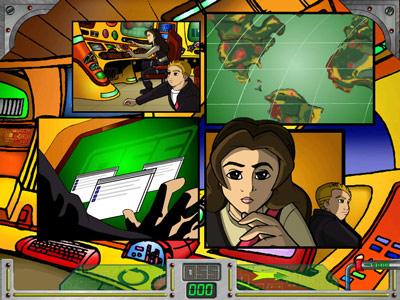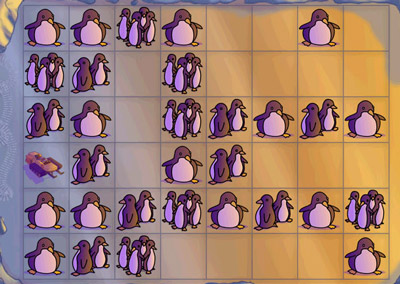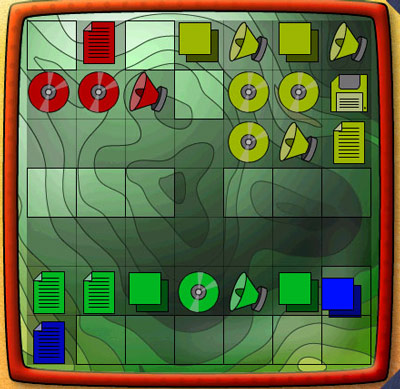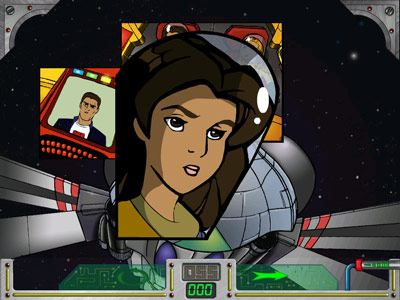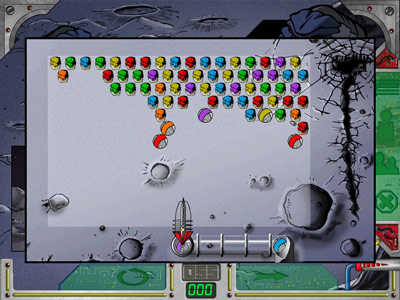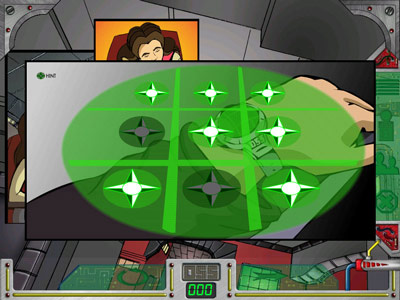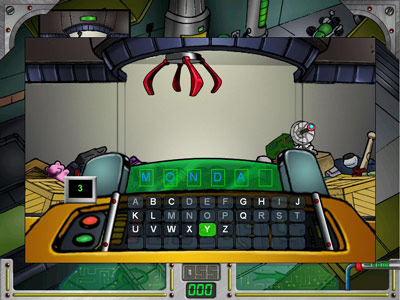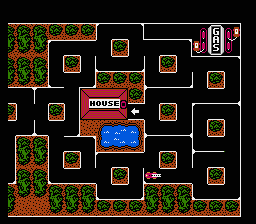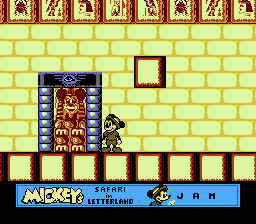This weekend’s trip to the thrift shop yielded not 1, but 2 separate CD-ROMs from an outfit known as Ohio Distinctive Software.
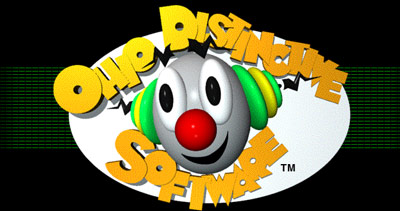
I assumed it was just another in a long line of defunct software outfits. But as you can plainly see from the link, they’re still quite operational. And they have a huge catalog of titles for me to scavenge from various spent sources at bargain basement prices (certainly not for the prices they expect on their site).
These are educational software titles through and through. True to form, the manuals contained on the CD-ROMs present a classical academic conundrum — how to turn in source material as your own work. In this case, the manual perfectly, neutrally describes its game in a manner ready for inclusion into MobyGames. My difficulty will be coming up with my own rewording.
Not a big problem, though; the manuals are far more detailed than is absolutely necessary and I think I can express the games in simpler terms. The first game is GeoRunner. It revolves around a trademark ODS character named Blit (memo to game companies: don’t task your programmers with creative endeavors such as mascot naming or else you end up with something like ‘Blit’). This is a little alien dude whose only raison d’être is to get captured. He’s basically a serial captive. He gets captured so much that there is a governmental agency named the Blit Rescue and Tracking Squad (BRATS, I guess) devoted to getting him out of binds (motto: “U Findum Freeum”).
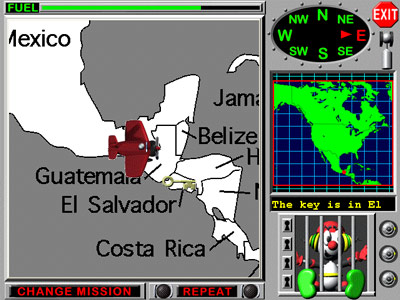
Your method for freeing him? You have to track down keys in different countries. Collect enough keys and unlock Blit’s current cage. Then he skateboards right into another cage. Don’t think about the setup; it’ll only frustrate you. In order to find the countries that hold the keys, follow the clues that the game gives. In the easier levels, these clues are very straightforward (“Go to El Salvador”). In the more advanced levels, they become trivia about the country (“Go to the country that used to be called Abyssinia“).
I must confess I was learning some interesting geographical trivia. If only there were some way to achieve the same effect without the grating Blit.
The second title is Superheroes Math Challenge. Tech support time: This game reports the message: “This program requires at least 3MB of free virtual memory to run”. My 2 GB of physical RAM must not be enough. I can only guess at the logic the game (or the underlying Macromedia Director engine) must be using to make its determination. Fortunately, ODS addresses this precise issue on their website. Unfortunately, it’s incorrect. They advise the user to manually dial down their amount of virtual memory to the range of 200-400. But that’s 200 MB – 400 MB. Following their example, I set the range from 2 MB – 4 MB and the game ran fine. Just a tech note for the inevitable Googler stumbling upon this blog post. Be sure to reset the virtual memory when you are done with the game.
Once again, the manual severely over-explains the game. Basically, you choose one of 3 “heroes” (Blit makes an appearance again, but as hero instead of victim) and take them flying. The game gives you a math formula to solve. You have to fly toward the correct solution. This was the level 1 challenge:
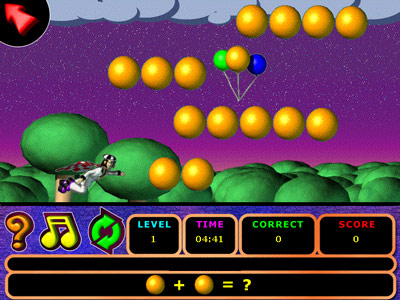
Honestly, all of the problems were either adding 2 oranges or 2 apples. And, umm, I still only got 4 correct on the first round. Hey, leave me alone! The controls aren’t all that responsive and there are other objects to run into. I decided to see how hard things could get and cranked it up to level 50. This covers square roots and negative numbers:
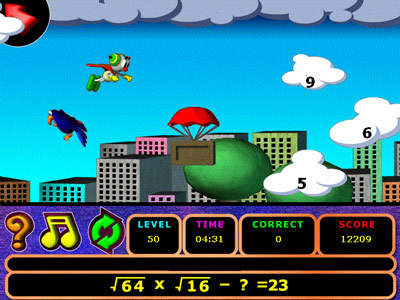
It’s a one-trick game but it was suprisingly fun while forcing me to fly and do math at the same time.
At MobyGames:
